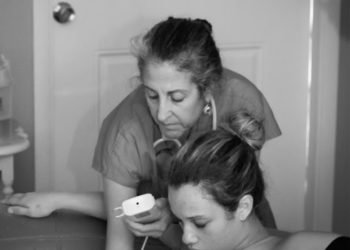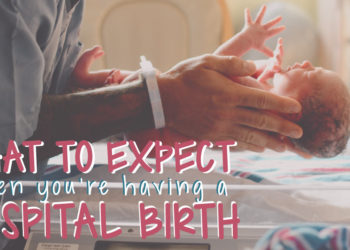It seems like in these past few months hundreds of thousands have rushed to receive their COVID-19 vaccines. In the United States alone, over 119 million people have been fully vaccinated with over 267 million who have received their first dose. Today, it is as easy as walking into your local Publix with no appointment to get your vaccination. With a vaccine that is so new, how can we possibly know all of the side effects?
Many women have been hesitant to jump on this bandwagon right away before hearing all the research and side effects. One question that has gone unanswered is if the COVID vaccine can affect your period. This is an important question that we need answered. On average, women have their period for 40 years of their life. These types of questions can not go unanswered.
Has There Been Research on This Topic?
Some women who have already received their COVID vaccine have noticed changes in their periods. They can’t help but wonder if the vaccine is the cause. We can’t get ahead of ourselves and presume this is the reason, but asking questions is a great place to start.
Women have also noticed some abnormal bleeding following their dose of the COVID vaccine. Due to the uterus lining being an immune responsive tissue, and putting something like the COVID vaccine in your body with these antibodies, can cause instability and fluctuations in your menstrual cycle. These, however, are not facts because unfortunately there has not been any studies done with concrete evidence on this claim.
Many other factors can cause a woman’s menstrual cycle to become heavier, like stress. This can especially be the case during this global pandemic. The only knowledge we do have from studies done is that 25% of women who had the COVID virus reported changes in their period pattern. This only lasted for one or two cycles and then returned back to normal.
Will the COVID Vaccine Affect Ovulation?
Despite the potential of the vaccine affecting a woman’s menstrual cycle, how does it affect our ovulation? Unfortunately, again we are left in the dark with no solid research on this question. Although, normally when a woman experiences a change in their bleeding pattern this can reduce their chance of conception during the ovulation period.
Without answers on whether the COVID vaccine causes fluctuations in period cycles, we can’t know for sure if ovulation is affected.
Should Pregnant Women Get Vaccinated?
Although there has not been many studies on the potential effects of the vaccine for pregnant women, there has been studies on how a pregnant woman who contracts the virus may be affected. Studies show that some women who had the COVID virus during pregnancy experienced severe maternal and neonatal complications. Besides the fact that there has not been enough studies on the side effects of the vaccine on pregnant women, many people are in favor of pregnant women getting vaccinated.
Is it Safe to Get the Vaccine When on Fertility Medication like IVF?
While receiving fertility treatment, first consult with a doctor before making a decision on the COVID vaccine. Due to the research on the affects of pregnant women with the virus, it is encouraged for women undergoing these treatments to get vaccinated.
Again, there has not been enough research to determine if it is 100% safe, but it can help prevent side effects from the virus.
Where Do We Stand?
There is always a possibility that such a new vaccine can have side effects on a woman’s menstrual cycle. Yet there is not enough research to confirm that getting the COVID vaccine is the cause of period fluctuations. It is recommended for pregnant women to get the vaccine. This being due to the studies done and results of pregnant women who contract the virus. It is ultimately your decision on whether or not to get the vaccine. If you still have unanswered questions consult with your doctor and do your research before making your decision.

















